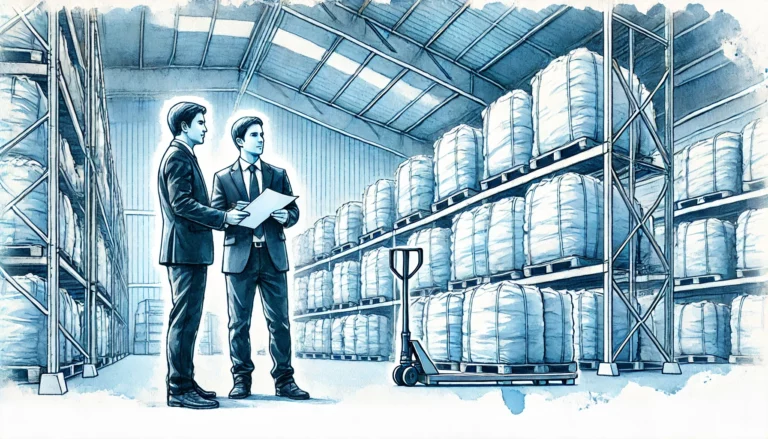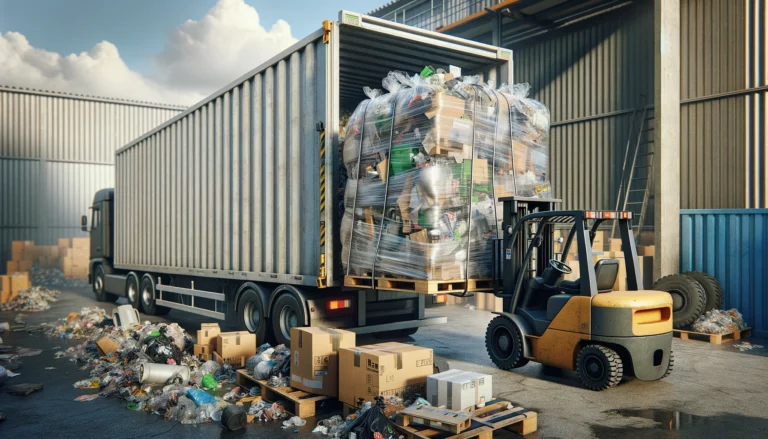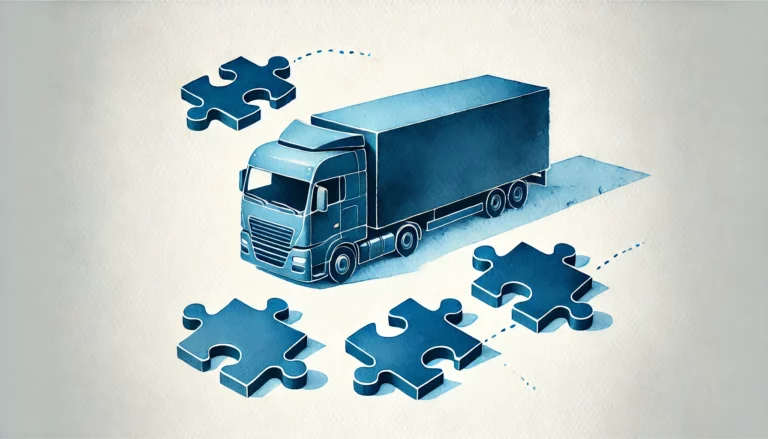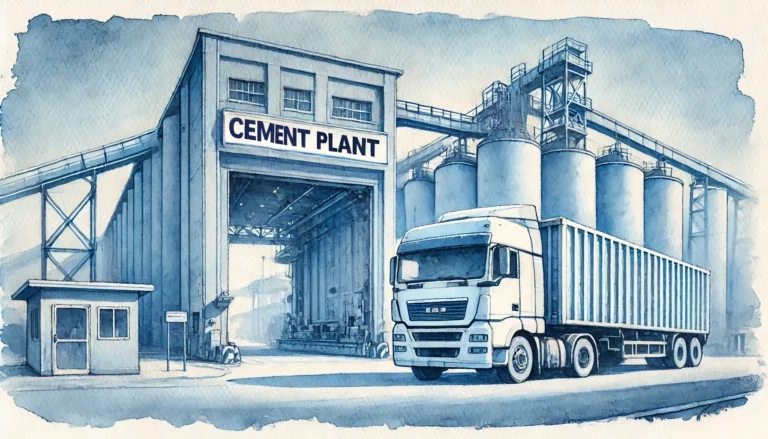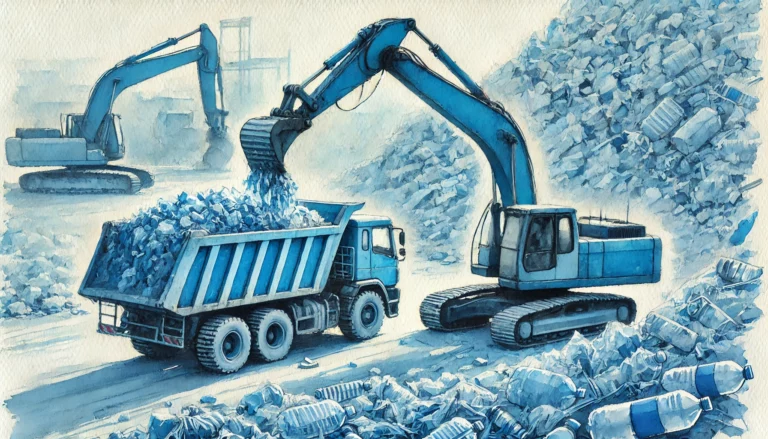High demand for waste transport in Italy amid recent changes
Italy’s waste management sector is evolving rapidly, creating new opportunities for waste transport businesses. Recent legislative changes have increased demand for efficient logistics, especially in the handling of electronic waste (e-waste). Companies involved in waste transport in Italy must now adapt to these regulations to stay compliant and competitive. On 14 November 2024, Italy published the Bill Converting into Law, with Modifications, Decree-Law No. 131 of 16 September 2024 (Salva-infrazioni). This legal framework introduces new rules that impact e-waste processing and the responsibilities of e-commerce platforms.
Do you need help with obtaining Italian waste transport permit?
Write to us: office@wastetransportsolutions.eu
or call us +48 517 862 602 or +48 519 516 869
Key changes in Italian waste legislation
Italy’s updated waste legislation introduces stricter regulations for managing and transporting e-waste. These changes aim to improve waste traceability, reduce environmental harm, and increase producer responsibility. Two critical provisions stand out:
Article 14-bis: stricter e-waste management rules
Article 14-bis strengthens Italy’s e-waste management framework by tightening reporting obligations for collection, transport, and recycling processes. Waste processing facilities and logistics operators must now document every stage of the e-waste lifecycle, from initial collection to final disposal or repurposing. This ensures that electronic waste does not end up in unregulated or illegal disposal sites.
Additionally, non-compliance with documentation rules can lead to substantial fines, affecting both waste processors and transport companies. The government has also introduced more frequent inspections to verify that waste is being handled according to environmental standards. As a result, businesses involved in e-waste logistics must adopt more structured and transparent operational procedures.
Article 14-ter: e-commerce platforms and waste compliance
Article 14-ter places new obligations on e-commerce platforms that sell electronic goods, requiring them to take a more active role in e-waste management. Online retailers must now offer consumers a take-back service for old electronics, ensuring that these items are properly collected and directed to certified recycling centers.
Moreover, e-commerce companies must register with Italy’s waste management system and report collected e-waste volumes. Failure to comply with these obligations can result in penalties and potential restrictions on business operations. This regulation aims to close loopholes where electronic goods were being sold without adequate provisions for their end-of-life disposal. As a result, e-commerce platforms will need to develop efficient waste collection partnerships and invest in proper logistics solutions to comply with the law.
Domestic waste management capacity vs. export trends
Italy has advanced recycling facilities, yet it still exports a portion of its e-waste. Local processing plants handle a significant volume, but certain materials require specialized treatment available only in other countries.
For example, some hazardous components from electronic devices must be sent abroad due to stricter safety regulations. This creates steady demand for international waste transport, particularly within the European Union. Companies involved in this sector must navigate both Italian and EU waste shipment regulations to operate legally and efficiently.
According to the Observatory of Electronic Complexity (OEC), Italy exported €5.85 million worth of e-waste and scrap in November 2024, while imports totaled €374,000, leading to a trade surplus of €5.47 million. Compared to November 2023, exports increased by €249,000 (4.44%), rising from €5.6 million to €5.85 million. At the same time, imports fell by €58,200 (-13.5%), decreasing from €433,000 to €374,000.
Future outlook and market trends
The demand for waste transport services in Italy will likely continue to rise as the country enforces stricter waste policies. Companies that invest in digital tracking systems and efficient logistics solutions will have a competitive edge.
Additionally, the push for a circular economy is expected to reshape waste management strategies. More emphasis will be placed on sustainable practices, increasing the need for waste transport solutions that align with environmental goals.
Key takeaways
Italy’s recent waste legislation has intensified the demand for reliable transport services, especially in the e-waste sector. The Salva-infrazioni decree, alongside new compliance rules for e-commerce platforms, has led to an increase in waste collection and processing needs.
Although Italy has strong recycling capabilities, it still exports a portion of its waste, creating opportunities for international transport providers. Companies that stay informed, ensure compliance, and optimize their logistics will thrive in this evolving market.


